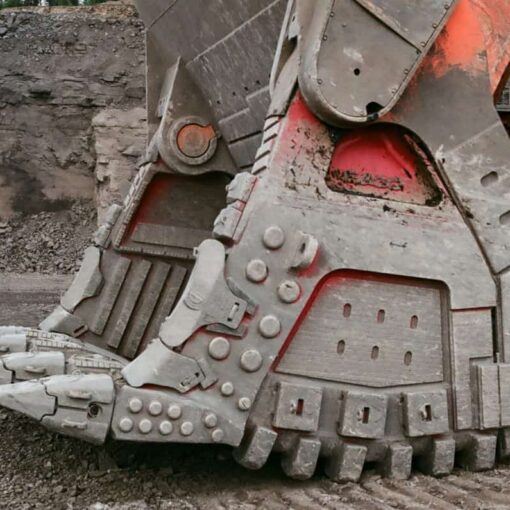Q24N — Nicaragua’s President (dictator) Daniel Ortega on Tuesday introduced a reform to the migration law that includes the withdrawal of nationality, increases controls on entry and exit from the country, and imposes prison sentences on those who cross borders illegally in order to destabilize the country.
The reform also includes an addition to Law 641 or the Penal Code of the Republic of Nicaragua to punish with sentences of two to six years in prison Nicaraguans who enter, leave or attempt to leave the national territory irregularly to allegedly commit “undermining national integrity, sovereignty” or alleged acts of “conspiring or inducing terrorist acts or economic and social destabilization of the country.”
“When the evasion of border control is for the purpose of committing the crime of treason, provided for and sanctioned in article 409 of the Penal Code, the penalty to be imposed will be increased by one third in the minimum and maximum limits,” details the addition to the Penal Code.
– Advertisement –
The 75-page bill was presented to the National Assembly on Tuesday, November 26, 2024. The document was sent by the plenary to the Peace, Defense, Government and Human Rights Commission for discussion and subsequent approval.
The proposed law, which is expected to be approved shortly by the parliament loyal to Ortega and fully controlled by the ruling party.
De facto expulsions and banishments
Most of the changes in the Immigration Law involve giving the director of immigration the power to “deny entry into the country of persons who may undermine national sovereignty or represent a social risk.”
“It is the sovereign decision of the State of Nicaragua, through the General Directorate of Migration and Immigration (DGME), to authorize or deny entry, revoke permanence, cancel residency or acquired Nicaraguan nationality,” Ortega states in the draft bill. In other words, it will be at the discretion of Migration and Immigration to decide who enters and leaves Nicaragua.
According to the draft law, “international land, air, sea, river and lake transportation companies will be notified of the prohibition of transporting into the national territory persons whose entry is not authorized or who have immigration restrictions under penalty of assuming the costs of returning to the place of origin or provenance.”
This is a repressive policy that the Daniel Ortega dictatorship has implemented in recent years by prohibiting the return to the country of compatriots who traveled abroad, including: relatives of political prisoners, human rights defenders, religious figures, journalists, YouTubers and influencers.
– Advertisement –
The reform to article 64 contemplates the loss of acquired nationality in cases of citizens convicted of “acts of treason, when they directly or indirectly participate, promote, direct, incite, attempt, finance, manage internal or external actions that undermine the preservation of sovereignty, independence, internal order, territorial integrity and national self-determination.”
The Nicaragua Never Again Human Rights Collective has reported that they have documented 111 cases of de facto statelessness of Nicaraguans, which is when a person, despite being listed as a national of a State according to its legislation, cannot enjoy the rights and protection associated with said nationality.
The DGME may also request the expulsion of non-residents, temporary or permanent residents if they “carry out activities that violate the Political Constitution of Nicaragua” or have been convicted of crimes of “terrorism, money laundering or organized crime.”
Also for “encouraging and instigating the carrying out of activities to politically destabilize the country, carrying out acts that violate morality and good customs or when false or malicious information is published or disseminated that endangers the social or economic stability, order, health and sovereign security of the nation.”
– Advertisement –
Since February 2023, the government has already stripped the nationality of some 450 Nicaraguans, among them politicians, including Cristiana Chamorro, a presidential candidate in the 2023 elections, and daughter of Nicaragua’s president Violeta Chamorro, businessmen, journalists, intellectuals, human rights activists and religious figures, who were expelled from Nicaragua.
Many Nicaraguan opponents or critics – including journalists and social activists – accused by the government of being “coup plotters,” working for enemy countries or serving the opposition, have fled the country, especially to Costa Rica, through the so-called “blind spots” on the land border between the two countries.
The Ortega government has stepped up repression since opposition protests in 2018, which left more than 300 dead in three months, according to the UN, and which Managua considers to be an attempted coup by Washington.
– Advertisement –
Source link
Q24N



